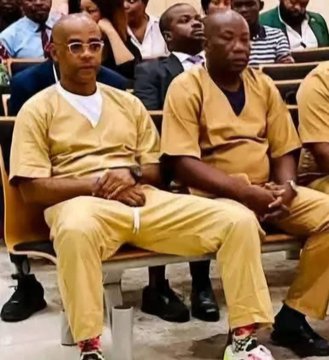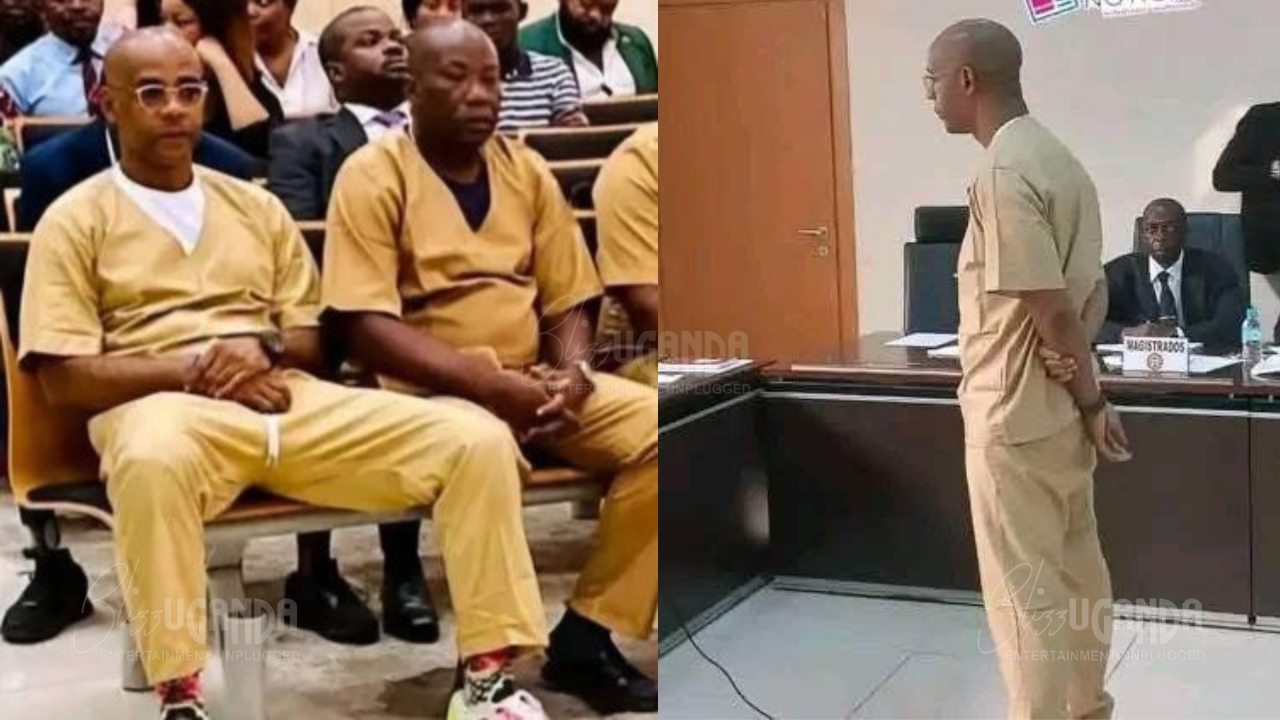Former Director General of the National Agency for Financial Investigation in Equatorial Guinea, Baltasar Engonga Ebang, has been sentenced to 18 years in prison after being convicted of embezzling over 1 billion CFA francs of public funds.
The conviction, handed down on Wednesday, is being described as one of the most high-profile corruption rulings in the country’s recent history.
Engonga, once the face of the country’s financial integrity efforts, was found guilty on multiple charges, including embezzlement, illicit enrichment, and abuse of power. According to court records, he personally collected around 910 million CFA francs, much of which was allegedly spent on women and an extravagant lifestyle.
The trial, which began earlier this week, included several co-accused officials from a state-owned company under the Ministry of Finance. While the prosecution laid out damning evidence including forged contracts, suspicious bank transfers, and offshore accounts, Engonga remained mostly silent throughout the proceedings. His defense team dismissed the allegations, but the presiding judge cited “overwhelming evidence” in reaching the verdict.

Prosecutors had sought the full 18-year sentence and a fine equal to the embezzled amount. Both were granted.
This conviction comes months after Engonga’s name trended globally in a massive sex tape scandal that tainted the nation’s anti-corruption image.
In November 2024, more than 400 pornographic videos allegedly recorded by Engonga surfaced online. The videos—featuring over 40 women, including wives of senior officials, relatives, and personal staff—were filmed in various locations including his government office, hotel rooms, and even riversides.
Following the leak, President Teodoro Obiang Nguema Mbasogo swiftly removed Engonga from his position and replaced him with Zenón Obiang Obiang Avomo. The government also launched criminal investigations into both the sex scandal and financial misconduct.
The scandal shocked the nation and drew attention to the blurred lines between power, privilege, and accountability in Equatorial Guinea. The Minister of Information, Press, and Culture, Jerónimo Osa Osa, stressed that the government would pursue all aspects of the case, including violations of privacy, moral ethics, and damage to the state’s dignity.

Engonga is not just a disgraced public servant—he is the son of Baltasar Engonga Edjo, Chairman of the Commission of the Central African Economic and Monetary Community (CEMAC), and reportedly related to President Obiang himself. His fall from grace marks a significant, if complex, moment in Equatorial Guinea’s ongoing struggle with elite corruption.














